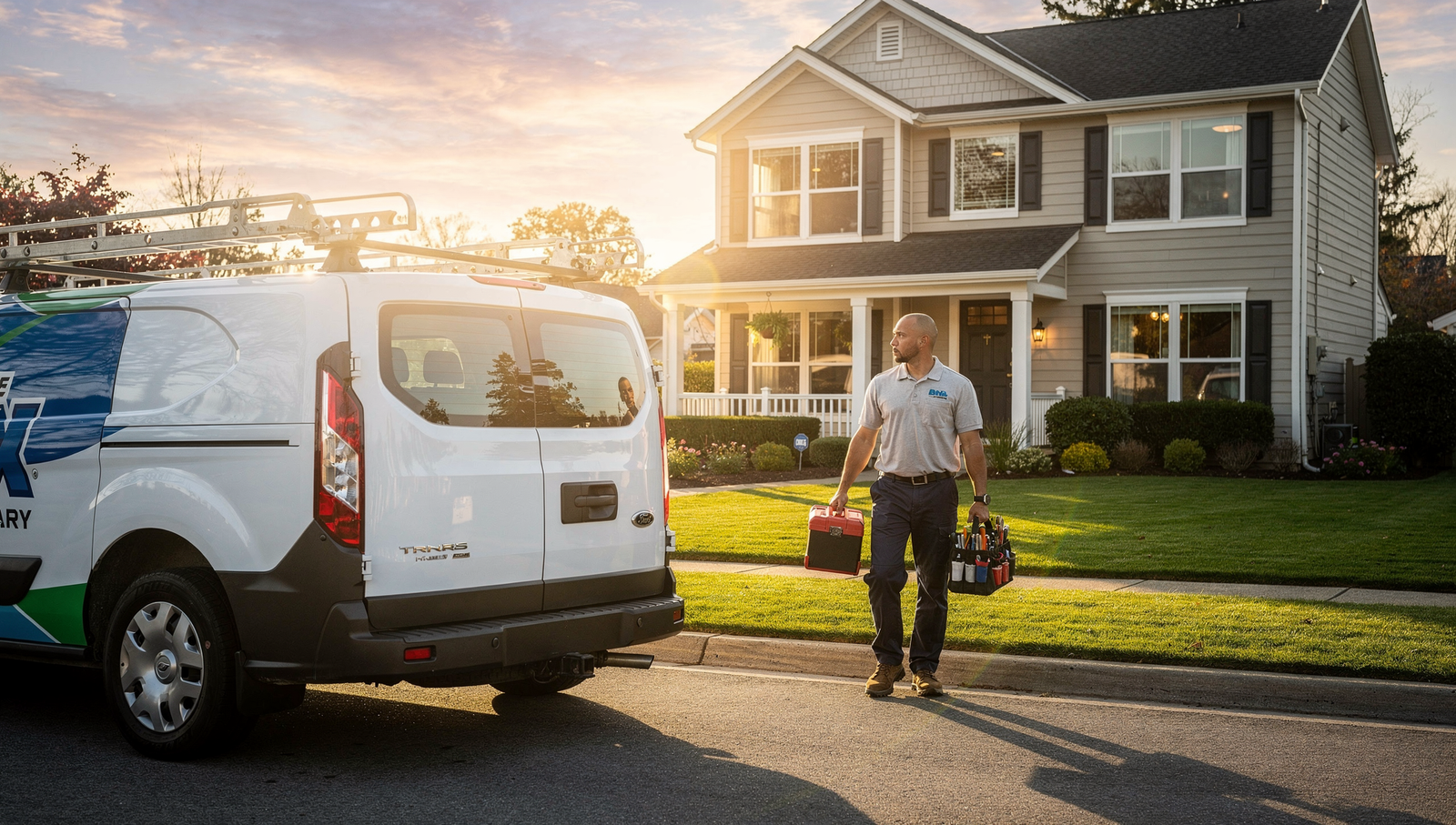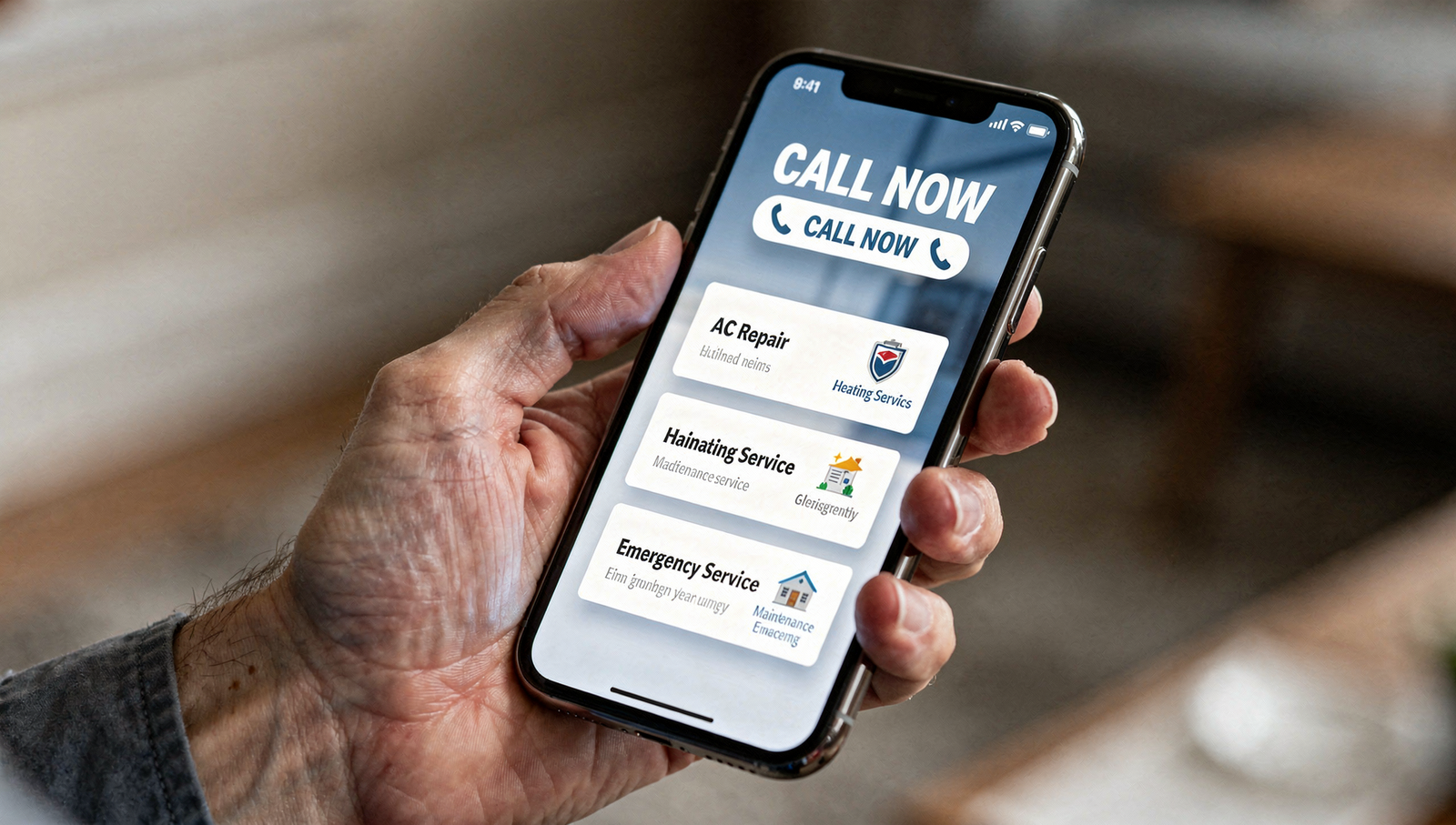10 Website Mistakes Realtors Make and How to Fix Them Fast

Want More Clients Fast?
Steal This Website Rescue Kit to Get More Clients, More Calls, and More Sales on Autopilot
Let’s be honest. Your website is either working for you or silently working against you.
In today’s digital-first world, your real estate website isn’t just a business card. It’s your storefront, your lead generator, your reputation booster, and your silent salesperson. But too many agents unknowingly shoot themselves in the foot with costly website mistakes.
If you’re wondering why your site isn’t bringing in leads, ranking on Google, or converting visitors into clients, this article is for you.
Let’s dive into the top website mistakes realtors make and exactly how to fix them so your online presence actually gets results.
Mistake #1: Using a Brokerage Subdomain Instead of a Personal Website
If your web address looks like “yourname.brokeragewebsite.com”… we need to talk.
Subdomains like these are common, but here’s the issue. Google sees them as part of your brokerage’s website, not yours. That means any traffic, SEO juice, or leads you think you’re getting… are actually helping the brokerage, not you.
Worse, if you leave that brokerage, you lose everything. Your links, your SEO, your branding.
Fix it: Invest in your own domain and website. A personal site builds your brand, helps you rank higher, and gives you full control. In our post on why your website matters more than Zillow in 2025, we break this down with real examples.
Mistake #2: No IDX Integration (Or a Bad One)
You can’t expect visitors to stick around if your site doesn’t let them search for homes.
And here’s the kicker: some agents either skip IDX entirely or use clunky, slow-loading IDX plugins that kill the user experience. This is a massive trust-breaker. Think about it…when’s the last time you stuck around on a website that took more than 5 seconds to load?
Fix it: Use a fast, modern IDX plugin. We covered this in detail in our post on the best IDX plugins for WordPress so you can pick the right one for your area and your goals.
Mistake #3: Lack of SEO (Search Engine Optimization)
You could have the most beautiful website in the world, but if nobody finds it, what’s the point?
Many agents rely on word-of-mouth or Facebook. But when buyers and sellers are actively searching for realtors on Google, a site without proper SEO is basically invisible.
Fix it: Start with local SEO. That means optimizing for terms like “Your City Realtor” and “Sell my house in [Your City].” Add relevant blog content consistently (like this one!), use alt text on images, and make sure your site loads fast. Check out our full breakdown in real estate SEO best practices for a modern playbook that works.
Mistake #4: No Lead Capture Tools
Imagine opening a store and never asking customers to leave their contact info. That’s what it’s like when your website has no lead capture forms, popups, or calls to action.
Visitors may scroll through your listings and leave…never to return.
Fix it: Add a contact form, home value tool, newsletter signup, or pop-up with a free guide. Even better, give away something useful. In our post on how to capture seller leads with a home value tool, we show how a simple tool can start real conversations with homeowners.
Mistake #5: Generic, Cookie-Cutter Design
You wouldn’t show a million-dollar listing with blurry phone pics, right? But many realtor websites still use outdated templates with no personality, no branding, and stock photos that scream “1998.”
Your site is your first impression. And if it looks cheap, guess what your visitors assume?
Fix it: Elevate your brand. Use a luxury design with your personal logo, colors, professional photos, and even a video background to wow your visitors. We dive into this in real estate video background websites and how they can help you stand out in crowded markets.
Mistake #6: No Clear Niche or Unique Value
A site that says “I help buyers and sellers” isn’t compelling anymore.
That’s what every agent says. Your website should make it immediately clear why someone should choose you.
Do you specialize in lakefront homes? First-time buyers? Luxury condos in Atlanta?
Fix it: Claim your niche. Then speak directly to that audience. Our article on real estate niche marketing ideas can help you brainstorm and commit to a specialization that actually helps you convert more clients.
Mistake #7: Poor Mobile Experience
Over 60% of real estate website visits now come from mobile devices. If your site isn’t optimized for mobile, you’re losing leads.
We’ve seen sites where the buttons are too small to click, the IDX feed breaks, or the fonts shrink to unreadable sizes. It’s a disaster.
Fix it: Use a responsive theme and test your site on multiple devices. Better yet, work with someone who builds mobile-first. Every site we build at Digital Dream Homes is designed to look stunning on phones, tablets, and desktops…because that’s what modern buyers expect.
Mistake #8: No Content Strategy
If your site hasn’t been updated since the last season of Game of Thrones, it sends a signal to both Google and your clients that you’re not actively engaged.
Fresh content shows you’re active, knowledgeable, and invested in your business.
Fix it: Start blogging. Even one post per week on topics like local real estate trends, home seller tips, or community highlights can go a long way. If you’re stuck, check out our post on real estate blog post ideas for inspiration.
Mistake #9: Ignoring Google Business Profile
This one’s a sleeper issue.
Your Google Business Profile and your website should work together…but often they don’t. If your profile links to a brokerage site or an outdated domain, it actually hurts your visibility.
Fix it: Link your Google Business Profile to your personal website. And make sure the content on both matches. We explain how in our Google Business Profile optimization guide, which has helped dozens of agents start showing up in the local pack.
Mistake #10: No Social Proof or Testimonials
Visitors want to see that you’re trustworthy. They want to know that other people like them have worked with you…and had great results.
Yet many sites have zero reviews or testimonials.
Fix it: Add client testimonials, video reviews, and trust badges (like “As Seen In” media logos). Not sure what kind of proof to gather? We covered it in social proof ideas for realtors with easy ways to showcase credibility even if you’re just getting started.
Final Thoughts: A Website That Works Is Your Best Investment
Your website isn’t just about looking pretty. It should actively work behind the scenes to build your brand, attract high-quality leads, and close more deals.
If you’ve recognized a few of these top website mistakes realtors make on your own site, don’t panic…you’re not alone. And the good news is, every one of these issues can be fixed with the right strategy and support.
Ready to transform your online presence and start getting results from your website?
Book a free consultation with Digital Dream Homes today. We’ll walk you through exactly what’s working (and what’s not), and show you how a luxury, lead-generating website can take your business to the next level.
Let’s make your website your best salesperson.
Matt Pieczarka
Want a Free Website Audit?
Fill out your information below and we will send you a personal screen share video of tips on how to make your actual website better!
7 HVAC Website SEO Fixes Contractors Use to Get More Calls
7 HVAC Website SEO Fixes Contractors Use to Get More Calls The tricks learned in this video and blog post have gotten one of our HVAC clients an average of one new lead per
7 Local SEO for HVAC Company Websites Best Practices
7 Local SEO for HVAC Company Websites Best Practices The tricks learned in this video and blog post have gotten one of our HVAC clients an average of one new lead per day! W
7 Mobile Friendly HVAC Website Design Tips That Get Calls
7 Mobile Friendly HVAC Website Design Tips That Get Calls Check out the video for a behind the scenes look at optimizing a website for mobile devices Want More Clients Fast?
8 Best HVAC Website Design Ideas
8 Best HVAC Website Design Ideas The tricks learned in this video and blog post have gotten one of our HVAC clients an average of one new lead per day! Want More Clients Fas
7 Steps to Build a HVAC Company Website That Gets Leads
7 Steps on How to Build a HVAC Company Website That Generates Leads The tricks learned in this video and blog post have gotten one of our HVAC clients an average of one new
8 Local HVAC Social Media Marketing Tactics to Own Your City
8 Local HVAC Social Media Marketing Tactics to Own Your City After we tightened one HVAC client’s social targeting to just three neighborhoods, they booked 17 service calls in 30
7 HVAC Social Media KPIs That Actually Drive Revenue
7 HVAC Social Media KPIs That Actually Drive Revenue The tricks learned in this video and blog post have gotten one of our HVAC clients an average of one new lead per day! https://
7 Must Know Truths About Social Media Marketing For HVAC
7 Must Know Truths About Social Media Marketing For HVAC One HVAC client went from ‘boosting posts’ to booking 18 qualified service calls in 30 days once their social ads and w
7 HVAC Social Media Content Ideas That Don’t Feel Salesy
7 HVAC Social Media Content Ideas That Don’t Feel Salesy Check out the video for a behind the scenes look of how we run our clients social media accounts to turn followers into c
Some More Posts About Strategy and Growth…
- Marketing Plan For Small Business 2026 Every Owner Should Copy
- Benefits of Professional Website for Small Business: The Hidden Profits
- How to Get More Referrals for Small Local Business Fast
- Customer Retention Strategies Small Business Owners Never Hear About
- How Small Businesses Compete Online And Actually Win In 2026
- Blogging for Small Business Growth: 2026 Profit Multiplier
- Sales Funnel For Small Business Website That Prints Money
- What Is A Listicle And Why Your Website Desperately Needs One
- Strategic Website Design That Turns Small Business Clicks Into Clients
- The Simple Blueprint to Explosive Small Business Growth









